If BJP Leaders Cannot Contest Union Polls Honestly, How Can They Ensure Fair Elections in the Country?
Townhall Times, New Delhi | September 19, 2025 The results of the Delhi University Students’ Union (DUSU) elections are out, and this time the Bharatiya Janata Party’s student wing, Akhil Bharatiya Vidyarthi Parishad (ABVP), has scored a major victory. Out of the four key posts, ABVP has secured three, while the post of Vice President has gone to the Congress-backed National Students’ Union of India (NSUI). Voting was conducted just a day earlier with significant student participation, and the university administration claimed the process was smooth. Yet, the elections were marred by a barrage of accusations and counter-accusations throughout.
ABVP’s presidential candidate Aryan Mann emerged victorious with a thumping margin. He secured a total of 28,841 votes, while his main rival, NSUI’s Joshlin Nandita Choudhary, received 12,645 votes. Mann’s winning margin stood at 16,196 votes, a landslide in the context of student politics. Celebrations broke out in the ABVP camp soon after the results were declared, while NSUI denounced the outcome, calling it the product of massive malpractice.
The Congress-affiliated student wing raised serious questions about the fairness of the election process. NSUI alleged that ABVP colluded with the Delhi University administration and even the Election Commission officials to manipulate voting machines. The organization posted a video on social media that purportedly showed an EVM with a pre-marked vote in favor of the ABVP candidate. Furthermore, NSUI circulated interviews with two students claiming that the entire electoral machinery was misused to benefit ABVP.
Accusations went beyond EVM tampering. NSUI alleged that large-scale intimidation of students, especially women, took place on polling day. Reports of hooliganism around polling booths surfaced, with claims that opposition supporters were threatened or obstructed from casting their votes. The administration and election authorities, however, dismissed these allegations outright, insisting that the polls were conducted transparently and peacefully.
Observers note that student union elections at Delhi University are never just campus affairs; they carry wider political weight. National parties see these contests as a testing ground for organizational strength and future leadership. ABVP’s resounding victory is therefore seen as a morale booster for the BJP on the national stage, while Congress and NSUI are left to introspect on yet another setback.
Yet, beyond the numbers, a deeper question remains: if student organizations cannot uphold the principles of honesty and fairness in their own elections, how can they claim to represent a vision of transparent democracy at the national level? Winning an election is one part of democracy, but doing so with fairness and credibility is what gives victory true legitimacy.
The DUSU elections of 2025 have once again highlighted the stark reality that student politics in India is increasingly mirroring the tactics of national politics, where power struggles often overshadow the values of free and fair competition. ABVP’s dominance at the polls may be indisputable on paper, but the allegations raised by NSUI have cast a shadow over the credibility of the entire exercise.
For now, the onus lies on the university administration and election authorities to respond to these concerns meaningfully. Whether the charges of rigging, intimidation, and misuse of institutional machinery are investigated or brushed aside will determine not just the reputation of this year’s DUSU polls but also the faith of young voters in the democratic process itself.
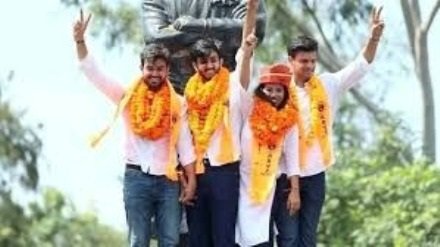
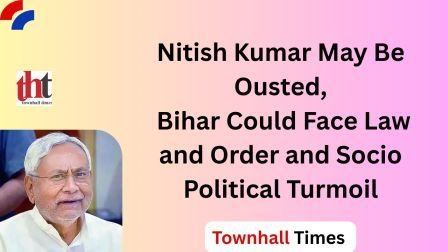
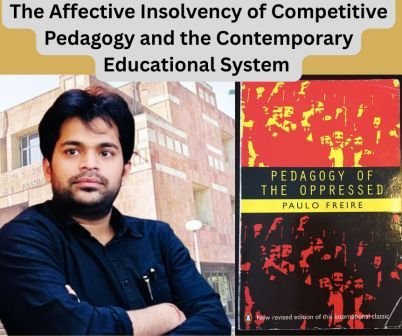

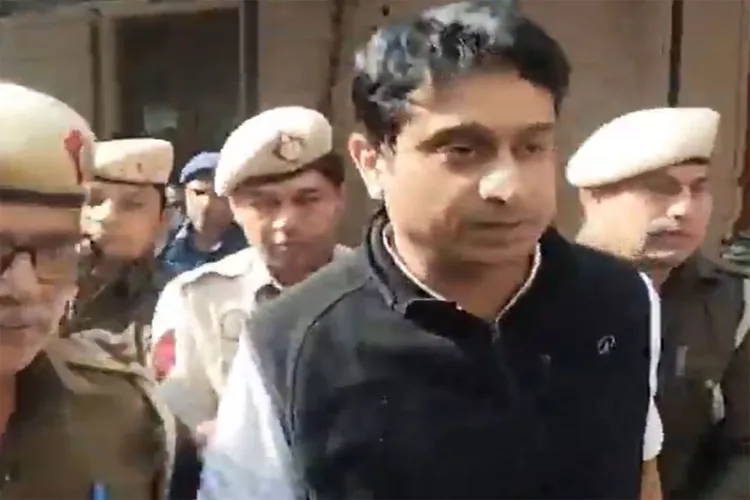
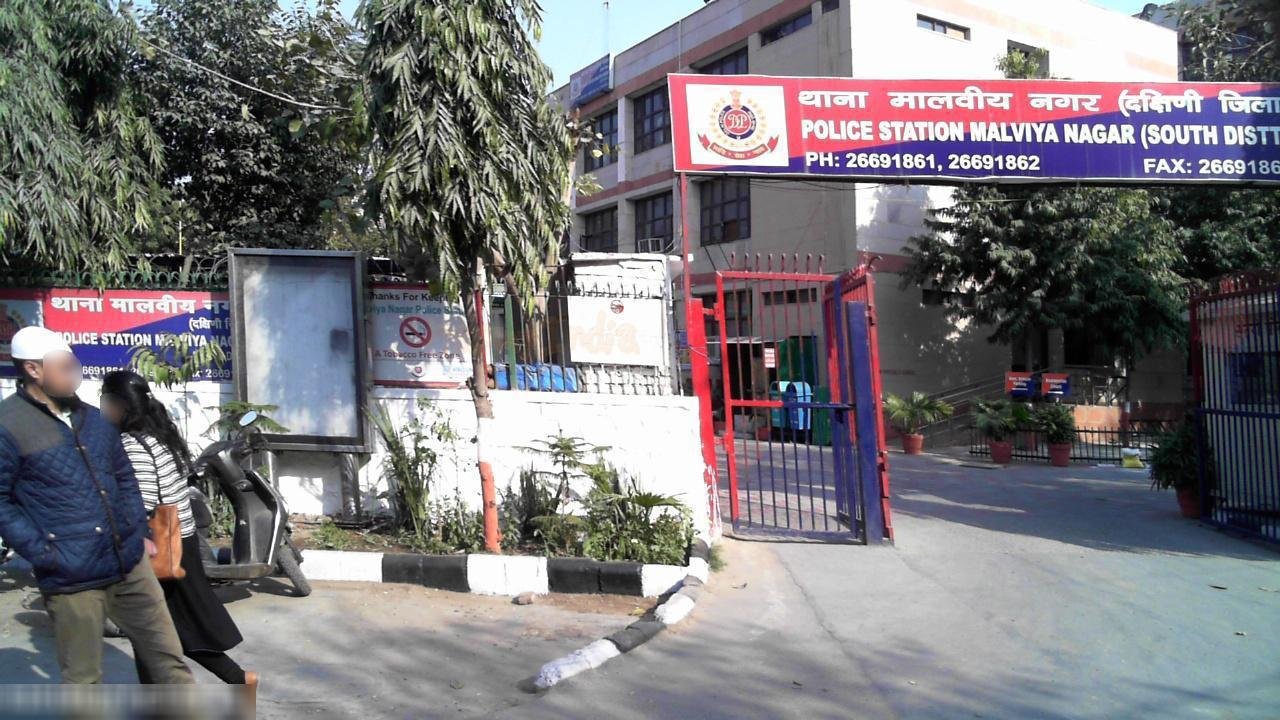

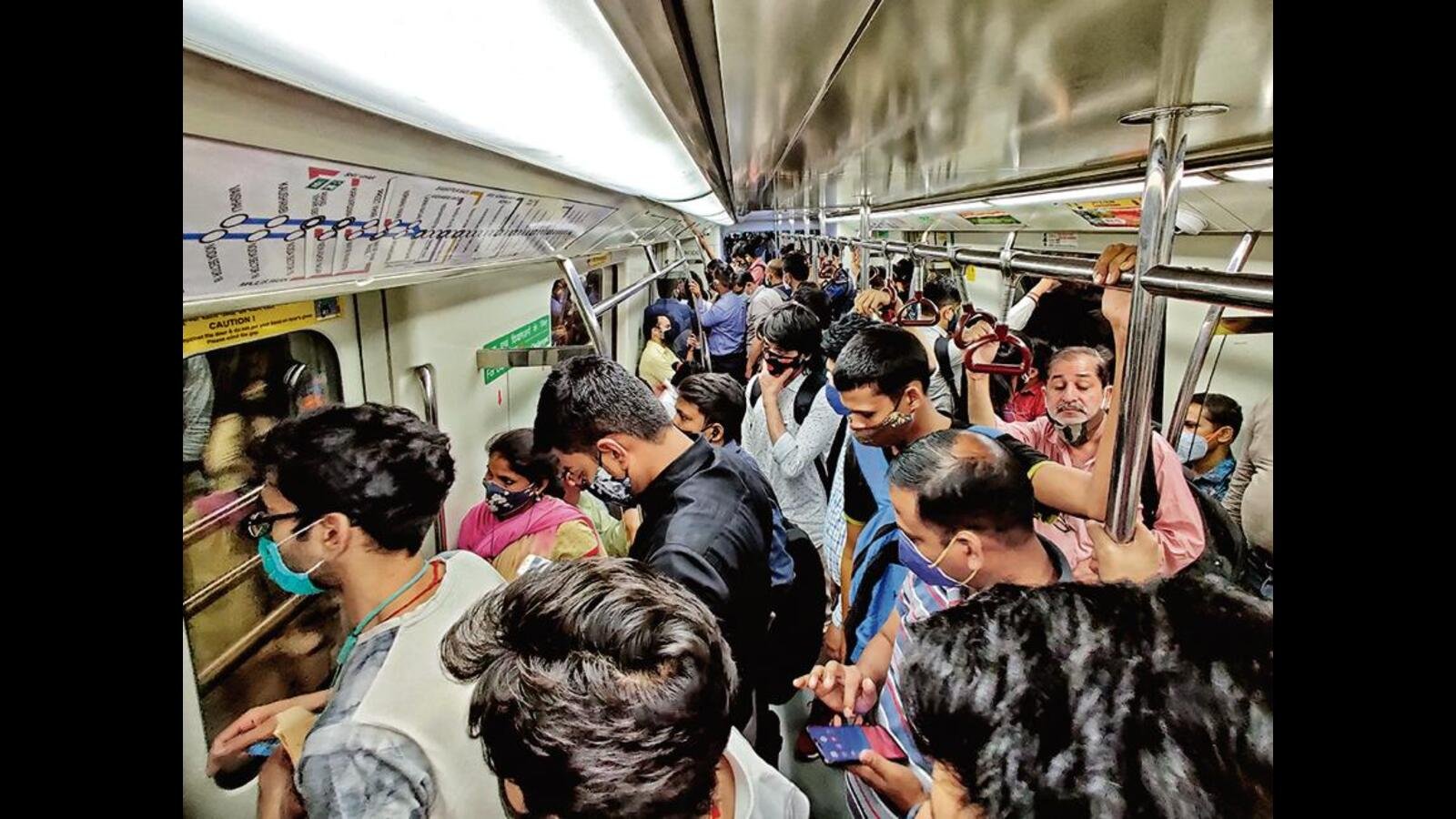
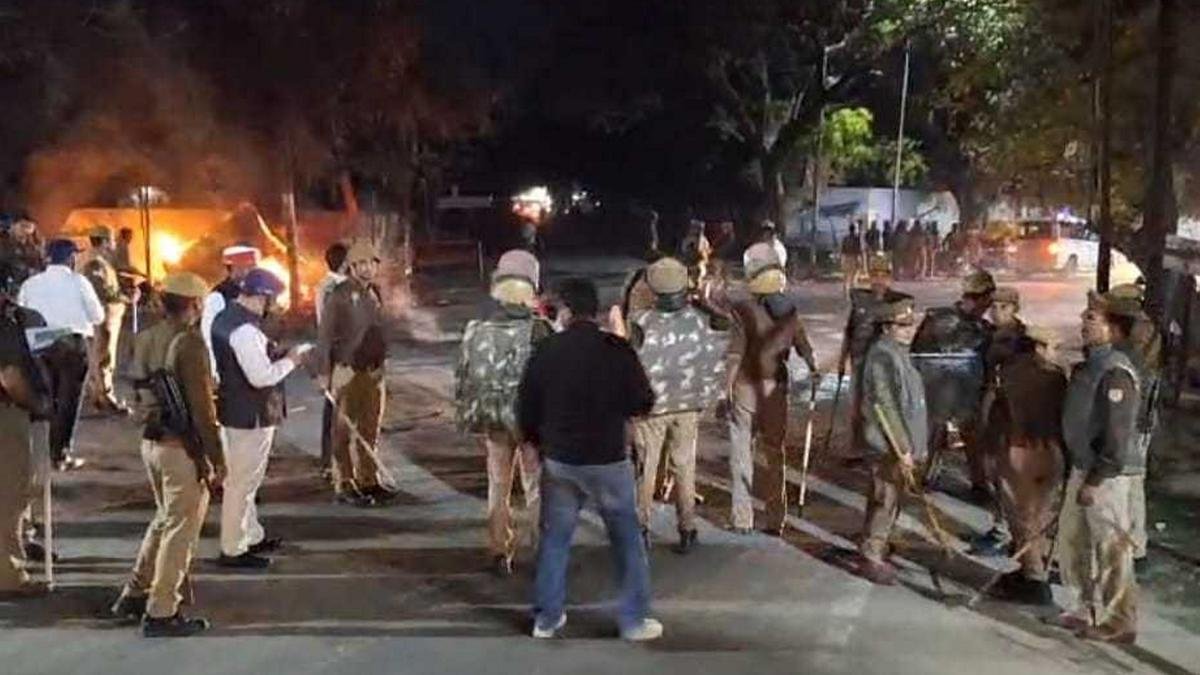
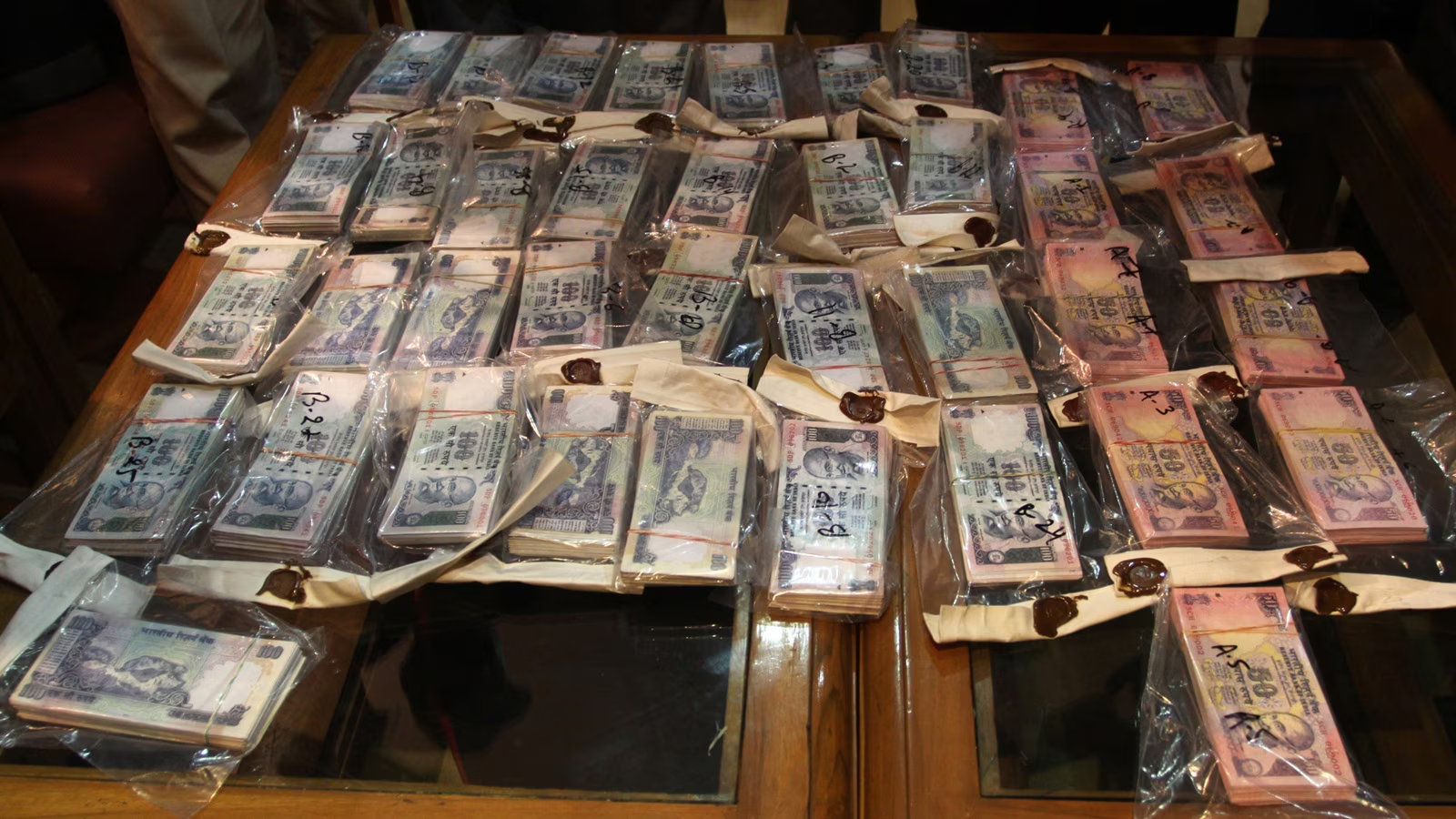
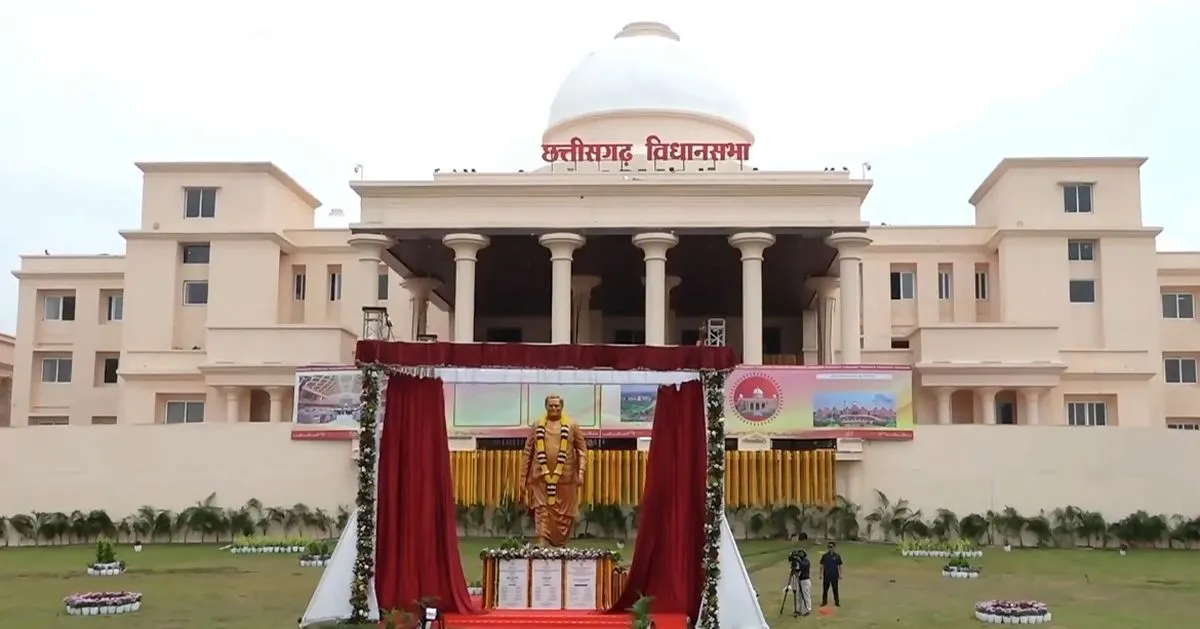

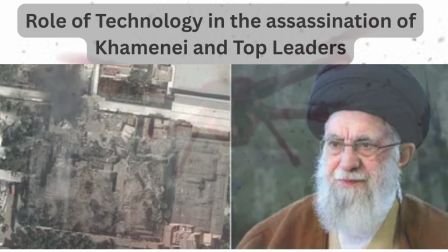
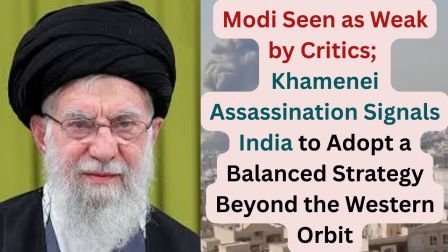
Leave a Reply